We may earn money or products from the companies mentioned in this post. This means if you click on the link and purchase the item, I will receive a small commission at no extra cost to you ... you're just helping re-supply our family's travel fund.
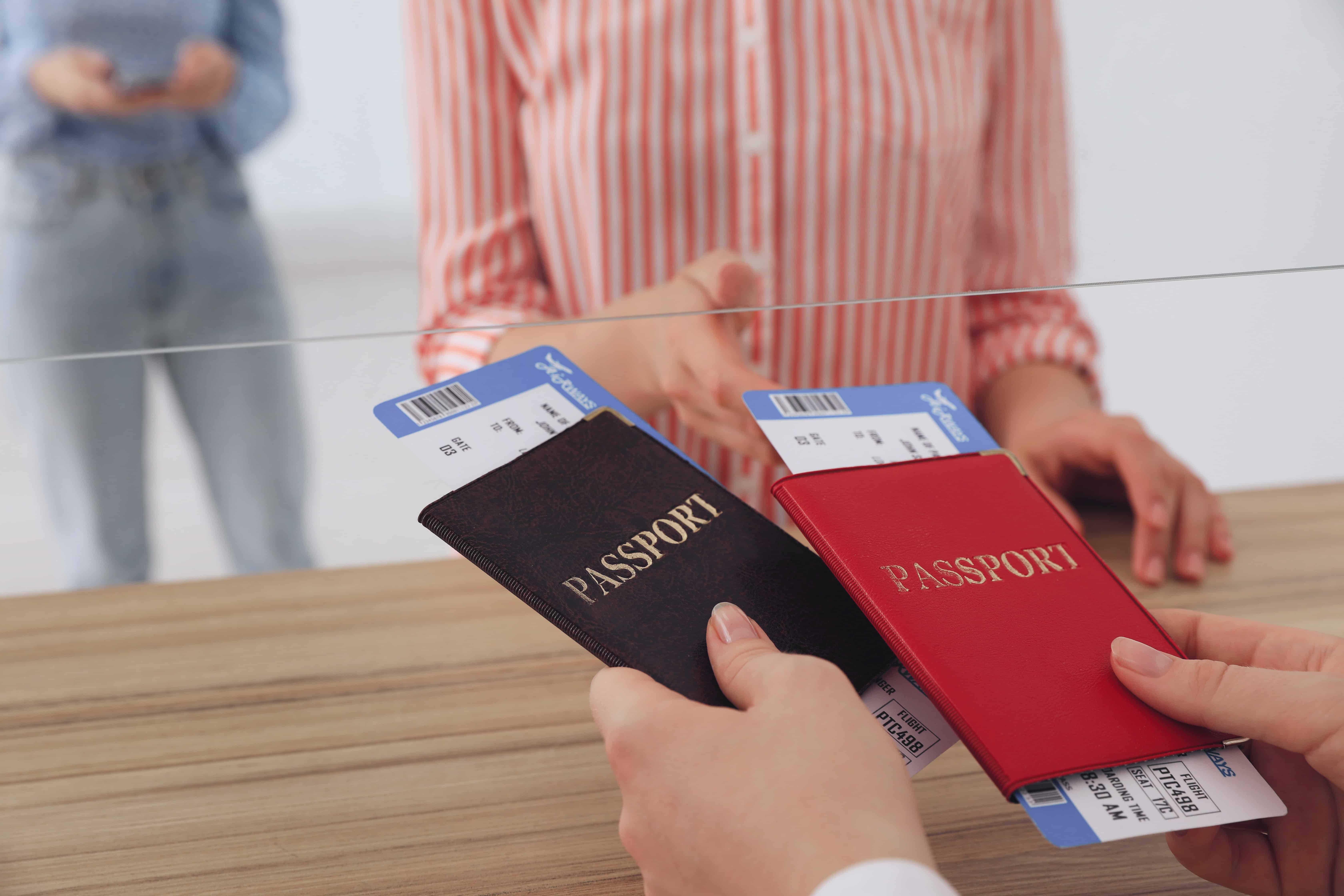
In parts of the world, citizenship has quietly turned into an economic tool. Governments facing debt, disasters, or shrinking revenues have invited wealthy outsiders to buy a place in line, often through tightly marketed investment passports. The schemes are framed as win win, promising foreign capital, new hotels, and budget relief. Behind that pitch sit uneasy questions about sovereignty, fairness, and what it means when a country’s fiscal safety net depends on selling access to its flag.
St Kitts And Nevis
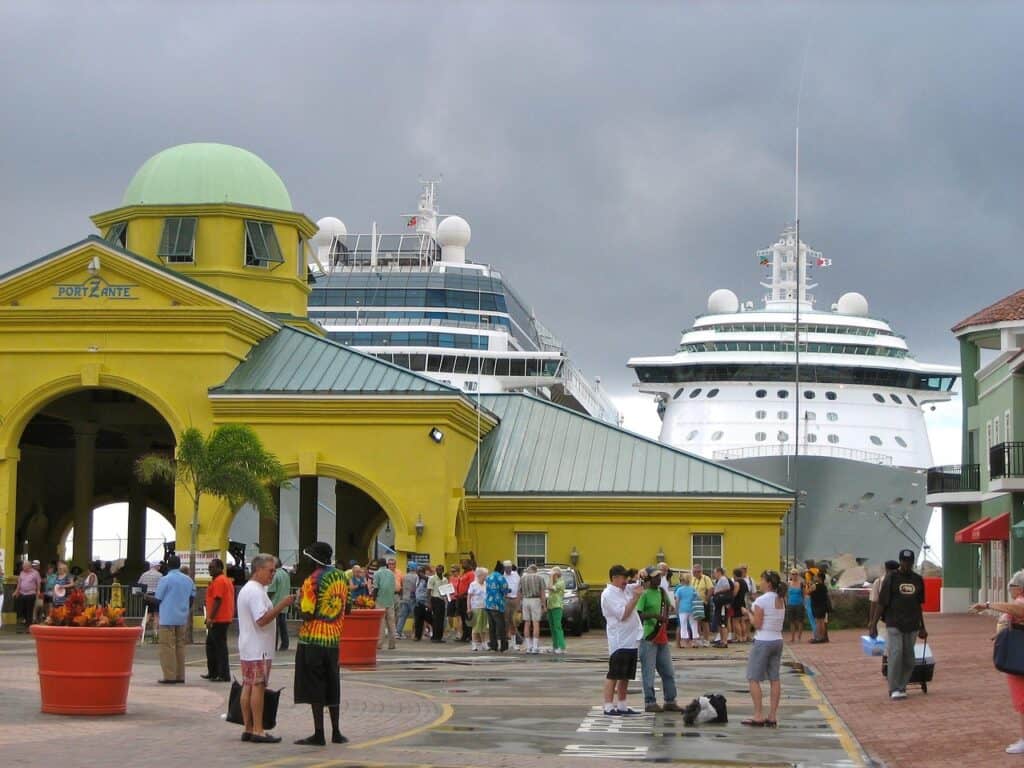
St Kitts and Nevis is often cited as the pioneer of modern citizenship by investment, but its program became central after a severe debt crisis and four straight years of economic contraction around 2010. Large donations and real estate deals helped fund construction and reduce public debt, yet also tied the twin island economy to a volatile stream of passport buyers, making long term planning more complicated than tourism brochures suggest.
Dominica
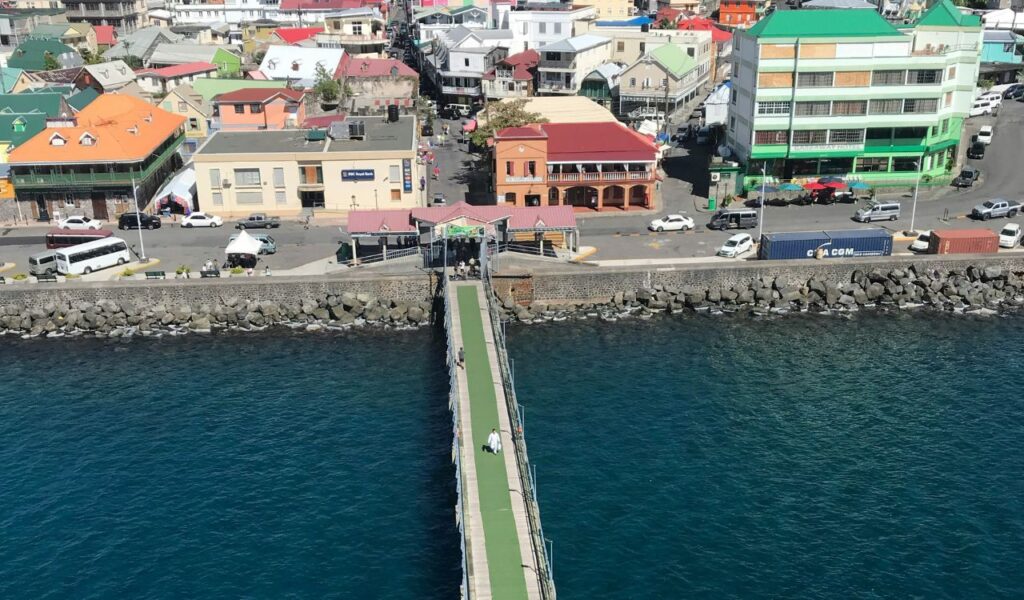
Dominica’s citizenship program channels money into an Economic Diversification Fund and approved real estate, with minimum investments around 200,000 dollars. After repeated hurricanes and infrastructure damage, CBI revenue became a major pillar of capital spending, covering roads, housing, and energy projects. That dependence creates tension; budget documents now track passport income almost like a commodity price, reminding residents how closely reconstruction and social programs are tied to foreign applicants.
Antigua And Barbuda
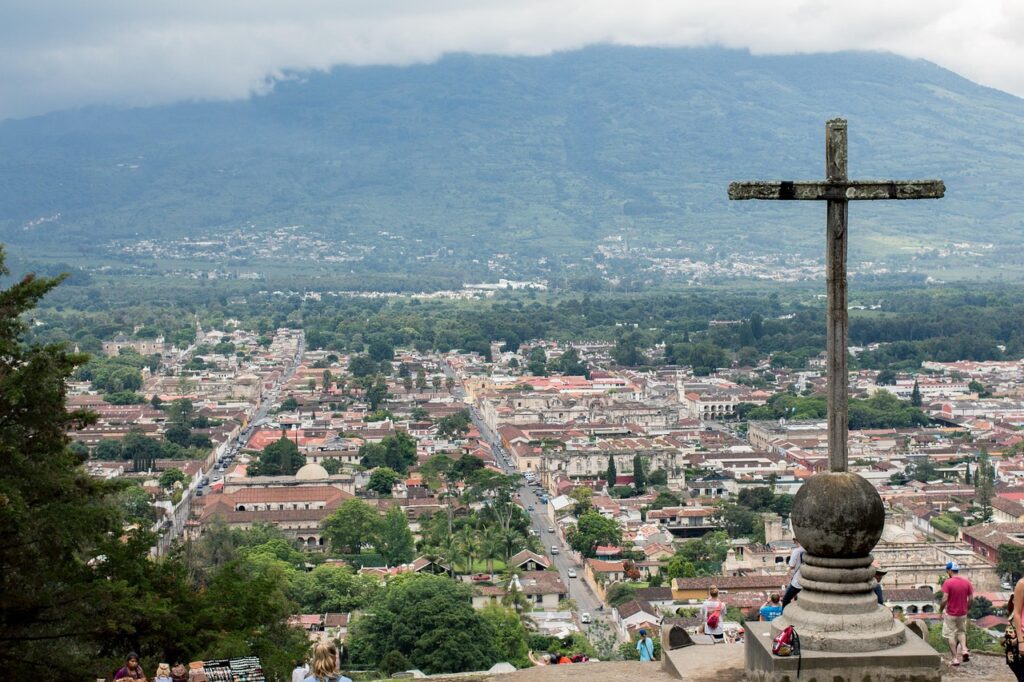
Antigua and Barbuda launched its citizenship by investment program in 2013 with the explicit goal of attracting investment, creating jobs, and rebuilding growth after the global financial crisis and a tourism slump. Contributions to national funds and resort projects help pay for infrastructure and social spending. Locals, however, sometimes worry that prime coastal land and public priorities are being quietly reshaped to suit the expectations of short term investors rather than long term residents.
Grenada
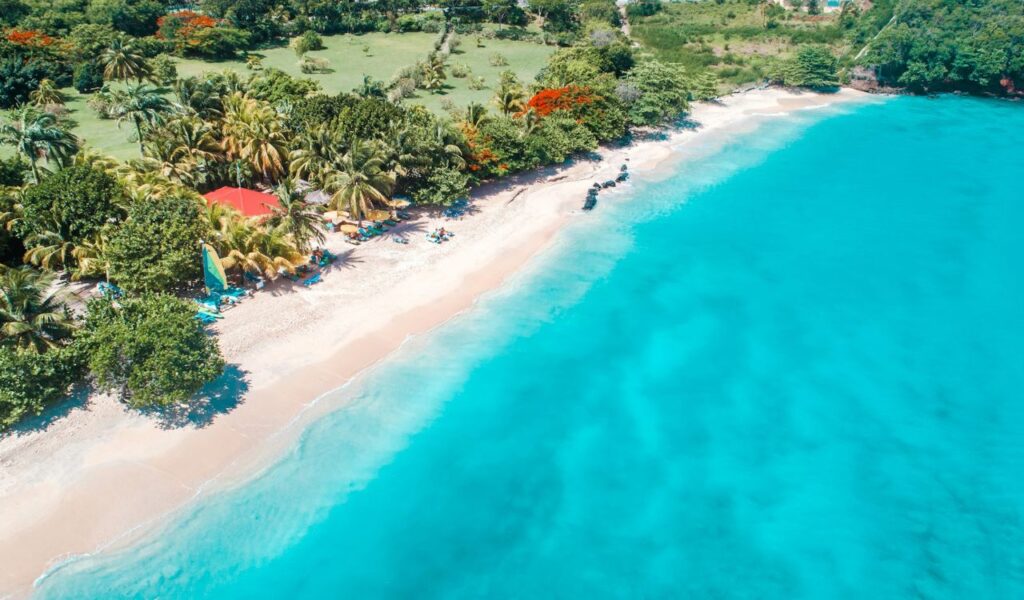
Grenada revived its citizenship by investment program in 2013 as part of a broader recovery effort, with legislation tying inflows to a National Transformation Fund. International lenders encouraged careful use of these funds to build fiscal buffers and reduce debt. Despite that guidance, the country now walks a tightrope: tourism and construction booms fueled by investment passports can boost growth, yet also risk overbuilding and leave the budget exposed if global appetite for new citizenships cools suddenly.
St Lucia
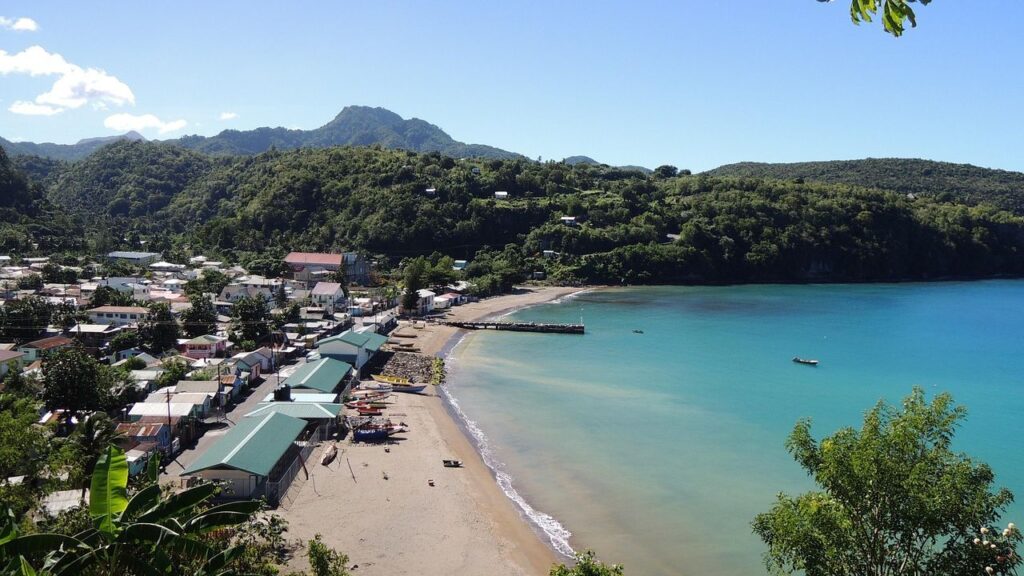
St Lucia joined the wave later, bringing its citizenship program into force in 2016 as the fifth Eastern Caribbean country to adopt the model. IMF staff noted that such schemes had helped high debt islands manage vulnerabilities from low tax revenues and external shocks, while urging that proceeds be used primarily to lower public debt. As a result, budget discussions in St Lucia now treat passport sales much like mineral income, something to save carefully rather than spend all at once.
Cyprus
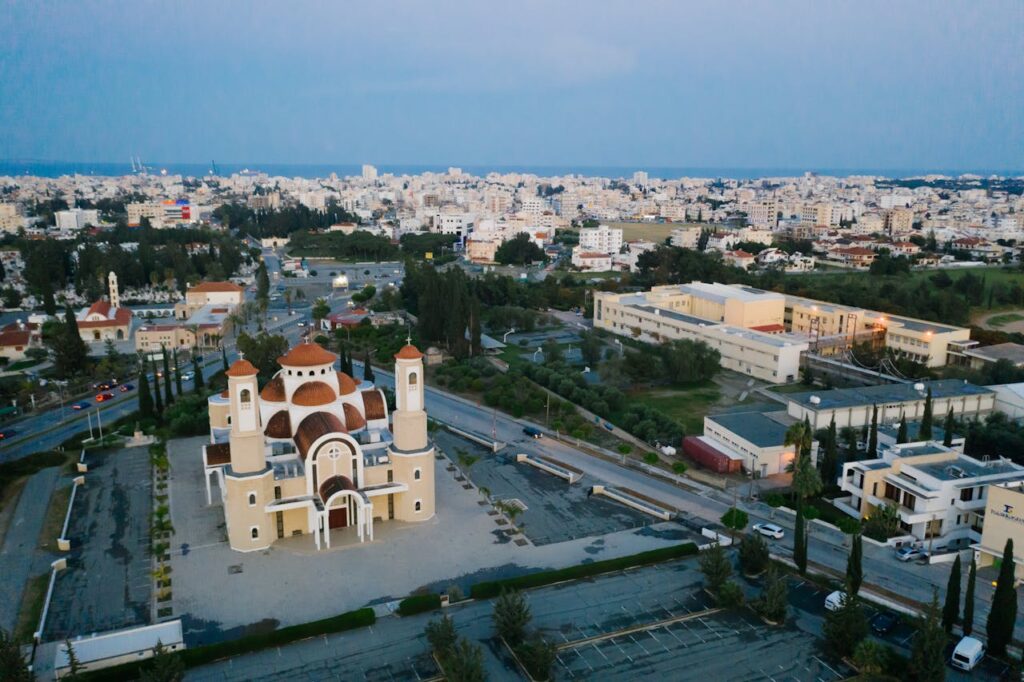
Cyprus expanded and discounted its citizenship by investment rules in the wake of the 2012–2013 banking crash and bailout, explicitly courting investors who had lost large deposits in failed banks. The program later drew sharp criticism from European institutions over due diligence and the idea of selling European Union citizenship, and was eventually shut down. Even after the economy recovered, Cyprus remained a touchstone in debates about whether quick passport revenue is worth the reputational and regulatory risks.
Malta
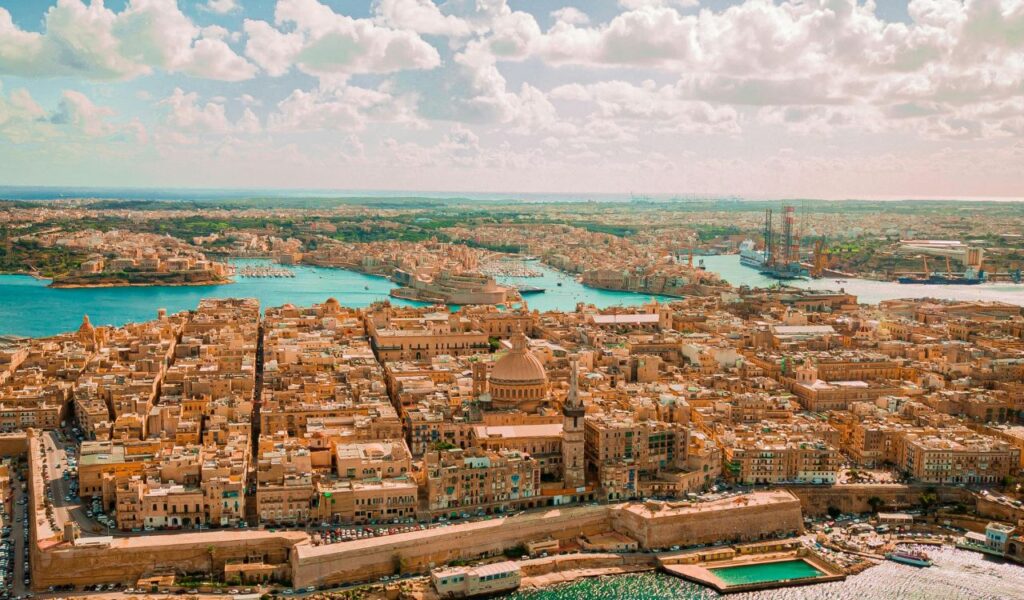
Malta’s Individual Investor Programme launched in 2014, positioning the island as a small but ambitious economy willing to trade a path to citizenship for substantial contributions and investments. Officials argued that selling a limited number of passports would diversify revenue after the eurozone crisis, supporting infrastructure and public finances. Critics inside the European Union saw it as commercializing EU citizenship, and court rulings have since pushed the country to reshape and partially wind down its offering, turning Malta into a high profile case study in the politics of golden passports.
Vanuatu

Vanuatu’s citizenship programs became a fiscal lifeline after repeated cyclones, pandemic shocks, and the constraints of running a small island economy without income or corporate tax. Scholarly work and regional reporting note that CBI revenue made up around 28 percent of government income in 2019 and as much as half in 2022, providing crucial budget support. That scale of dependence raises sharp questions about sustainability, international pressure, and what happens if demand for low tax island passports falls.
Turkey
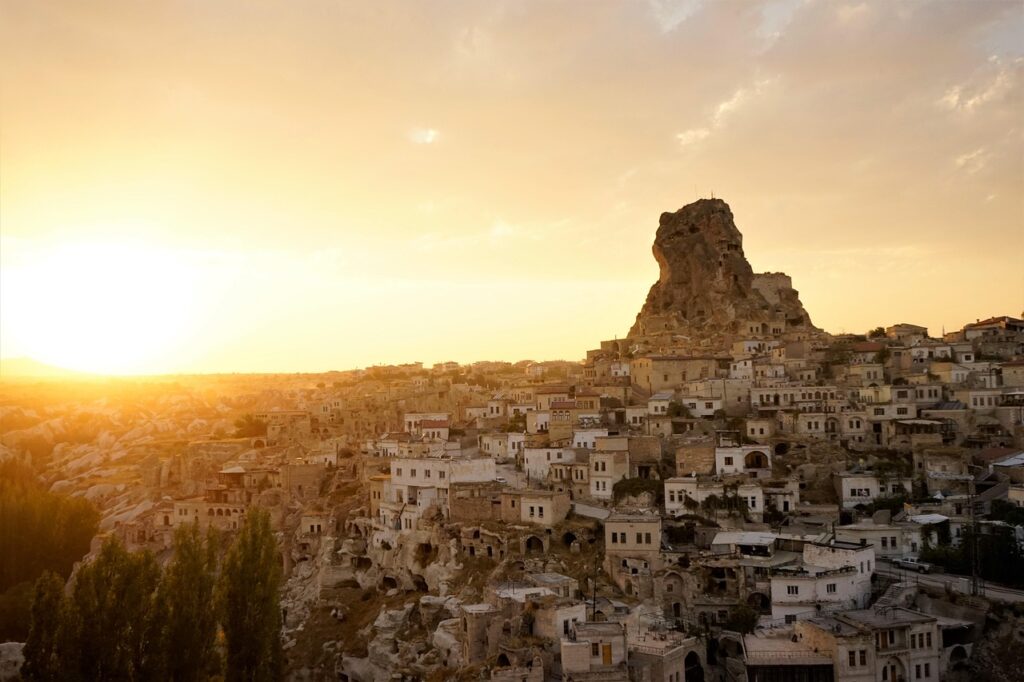
Turkey introduced its property based citizenship by investment pathway in 2017 and dramatically lowered the price threshold in 2018 while battling a severe currency and inflation crisis. The program channels foreign money into real estate markets, which research shows can push up house prices in popular districts. As Turkey continues to wrestle with inflation and investor confidence, the scheme reflects a broader strategy of using passports and urban property to plug financial gaps and attract hard currency.